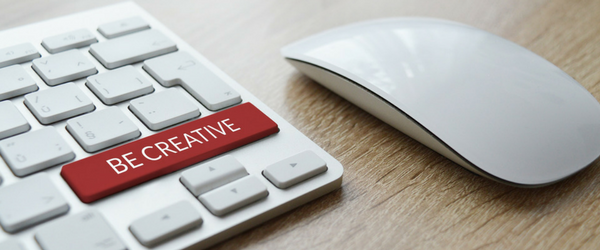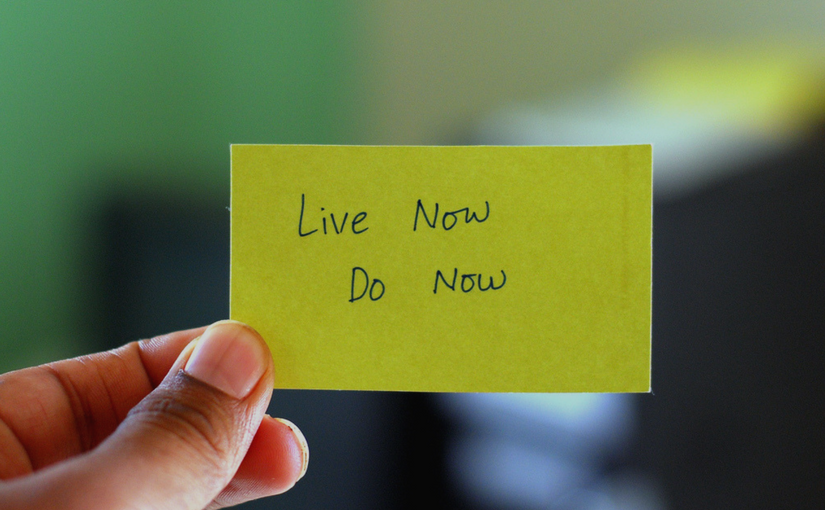“Question: What is a procrastinator’s busiest day? Answer: Tomorrow.”
At one point or another in life, despite our good intentions, we all face procrastination. This voluntary act of constantly postponing a task has been around since the beginning of civilization and most people know the feeling of pulling an all-nighter to finish a piece of work due the next day.
Maybe you are even procrastinating right now while reading this article (but that’s okay, we are happy to have your attention 😉 ).

The reasons behind procrastination
To understand the science behind procrastination, it helps to think about the self. Reality is, when a person procrastinates, they think about their present self and their future self. The present self is the one faced with the task but a procrastinator attributes the said task to the future self because of its non-urgency.
Several reasons can explain our tendency to set aside important tasks. Just like there are different types of procrastinators, there are just as many reasons why we procrastinate:
- Lack of self-control, self-regulation, and willpower – According to several studies, this is the principal reason behind procrastination. People have different personalities and therefore they work differently. Some people are born with low self-control and have a weak willpower ‘muscle’ so they are easily distracted. To them, procrastination will come easier than people who are more focused and goal-oriented.
According to Kelly McGonigal, psychologist, and author of The Willpower Instinct, “the willpower response is a reaction to internal conflict”.
For example, knowing you have an article due in a few days but spending time cleaning out your closet, making a new Spotify playlist or watching youtube videos instead. The amount of willpower and self-discipline within yourself will determine whether you will stop yourself from doing these non-urgent parallel tasks and focus on the one that requires your attention. This is an internal battle that most people are faced with: knowing that there is a task to get done, yet doing everything but!
- Timing and rewards – This reason brings back to the separation between the present self and the future self, mentioned earlier. You probably know or have heard about Walter Mischel’s “marshmallow test” to test kids willpower: a kid is left in a room with one marshmallow for a period of time; if they can stop themselves from eating the only marshmallow they have, then they’ll get a second one at the end of the experiment. As one can imagine, a majority of the kids gave into temptation and ate their only marshmallow. This study shows our preference for immediate gratification over long-term rewards. The same goes for our tasks. Because we know that the reward is still far off, we push it aside and focus on things that will provide immediate gratification: snacking, napping, checking social media, etc. This phenomenon is best explained by Tim Urban, creator of the blog Wait but Why, who states that procrastinators give into their instant gratification monkey who lives inside of their brains and always convinces them to do everything but complete the task at hand.
- Non-meaningful or unpleasant tasks – When we are faced with tasks that are difficult, boring or painful, we tend to put them off until the last minute. This is because they hold no particular meaning to us and therefore don’t appear in our immediate mental to-do list. Because the task is boring, difficult or unpleasant, we simply attribute it to our future self.

Procrastination boosts your creativity
While procrastination can be harmful to productivity, research has shown that it can actually be beneficial to creativity. The same way some people are born procrastinators, the opposite is also true. There are people to whom the act of delaying a task is like agony. These are called pre-crastinators.
Steve Jobs, Leonardo Di Vinci, and Bill Clinton, what do these great men have in common? They considered themselves as procrastinators. But, for these Type B individuals, the act of procrastinating is, in fact, a brainstorming process. They are fully aware that they have a task to complete but they deliberately leave it to the last minute. By not rushing to work straight away, they let their minds purposely wander, giving themselves enough time to think of the best way to approach their work.
According to a research conducted by psychologist Bluma Zeigarnik in 1927, “ the desire to complete a task can cause it to be retained in a person’s memory until it has been completed. ”
This, together with several other studies, shows why procrastination does not only have negative effects. However, procrastination will boost your creativity only if you use it productively. For example, creatives and inventors can use it to fully develop their ideas; most creative projects need time to fully concretize themselves. However, this also depends on people’s personalities and ability to effectively manage this delay: The key is not to let the mind wander aimlessly!
Ways to overcome procrastination
Procrastination is not an exact science, therefore there aren’t a specific set of rules required to overcome it. Let’s talk about some of the already established ways to slowly beat this challenge, or at least learn to procrastinate productively.
When it comes to self-discipline and a stronger willpower, you could make use of the 2-minute rule. The objective of this strategy is to help you (mindlessly) get started on the things that you need to be doing. How does it work? Basically, any new habit should take less than 2 minutes to start. Example: If your goal is to read more or eat healthier, just aim to read a single page or eat one fruit. This technique helps rewire your brain, to focus, not on the end goal but rather, on a single action that will eventually lead to reaching that goal.
Another way to beat procrastination is to immediately reward yourself for an action taken. To make that instant gratification monkey happy, divide your task into smaller steps; for each step reached, give yourself a small reward. This will help you stay motivated and before you know it, the whole task will be incrementally completed -maybe even ahead of time.
And, to make yourself procrastinate productively, once you’ve divided your tasks into smaller tasks, take an intentional break – maybe with the pomodoro technique.Why an “intentional” break? Because you need to plan your break: decide how long it is going to be and what you will be doing during that off-time. This helps you gain mental clarity during your break and prevent you from letting your mind wander aimlessly and give into any and all distractions.
For more ways to overcome procrastination, watch this video by Brian Tracy, author of Eat That Frog.
Whether you tend to work too quickly or too slowly, you can gain some beneficial insight from procrastination. It’s up to you to use it wisely and to your own advantage.
Any reactions? Feel free to leave us a comment!

